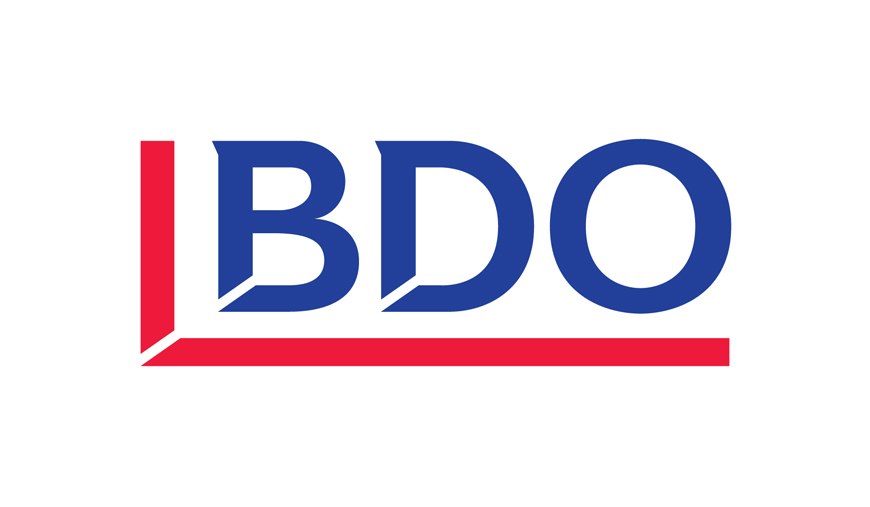by Philip Parr, International Tax Partner, BDO LLP
Posted on: 4 November 2021
Last week’s budget included the first substantive reform of UK tonnage tax since it was introduced in 2000. Following the UK’s departure from the EU, the Chancellor’s aim is to create a more flexible and attractive system for overseas shipping groups to relocate to the UK and to maintain the UK’s status as a leading country in the maritime industry. Read below the Shipping sector analysis on what the Autumn Budget 2021 means for you and your business.
Commenting on the UK’s Autumn Budget delivered on 27 October, Philip Parr, an international tax partner at BDO said:
“The Budget included the first substantive reforms to UK tonnage tax since it was introduced in 2000. Following the UK’s departure from the EU, the Chancellor’s aim is to create a more flexible and attractive system for overseas shipping groups to relocate to the UK and to maintain the UK’s status as a leading country in the maritime industry.
The main changes announced were:
The complex EU flagging rules, which came into force in 2005 and required a certain percentage of vessels to be flagged in the EU, will be abolished. Instead the UK flag will be a more important factor in determining whether a company satisfies the strategic and commercial management requirement test.
The current 10 year exclusion on re-joining the tonnage tax regime will be reduced to 8 years, with greater discretion to admit companies who missed an election window, if there are good reasons. At the moment this appears to stop short of opening a new election window into tonnage tax that would allow previously qualifying companies to re-elect into tonnage tax. HMRC’s guidance on what they will accept as good reasons will be key.
HMRC provides detailed guidance on vessels that can qualify for tonnage tax. The guidance on qualifying vessels will take account of developments in technology, to allow additional types of vessels to potentially qualify for tonnage tax. There will also be greater importance placed on investment in decarbonisation and pollution control when considering the qualifying status of vessels eligible for tonnage tax which is obviously intended to support the Government’s net zero plans.
The permitted ancillary passenger related income limit has been raised from 10% to 15%. This should improve not only administration but also vessels carrying passengers should benefit from the increased limits, in respect of income such as gambling and on board sales.
The government have also indicated that they are considering whether ship management could be included within the scope of tonnage tax, and how they can make use of existing powers regarding the training commitment.
Overall the above changes should make the tonnage tax regime more attractive without any cost to the Treasury.
Other areas of relevance to the sector included the government’s commitment of funds to assist the shipping and maritime sector to decarbonise. On Freeports, the government announced up to £200 million of support to help deliver the eight Freeports in England.
The UK continues to offer excellent infrastructural support for shipping businesses. The measures announced are welcome as they enhance the existing operating environment for the industry in the UK and also evidence the government’s commitment to the long-term future of the industry.”




